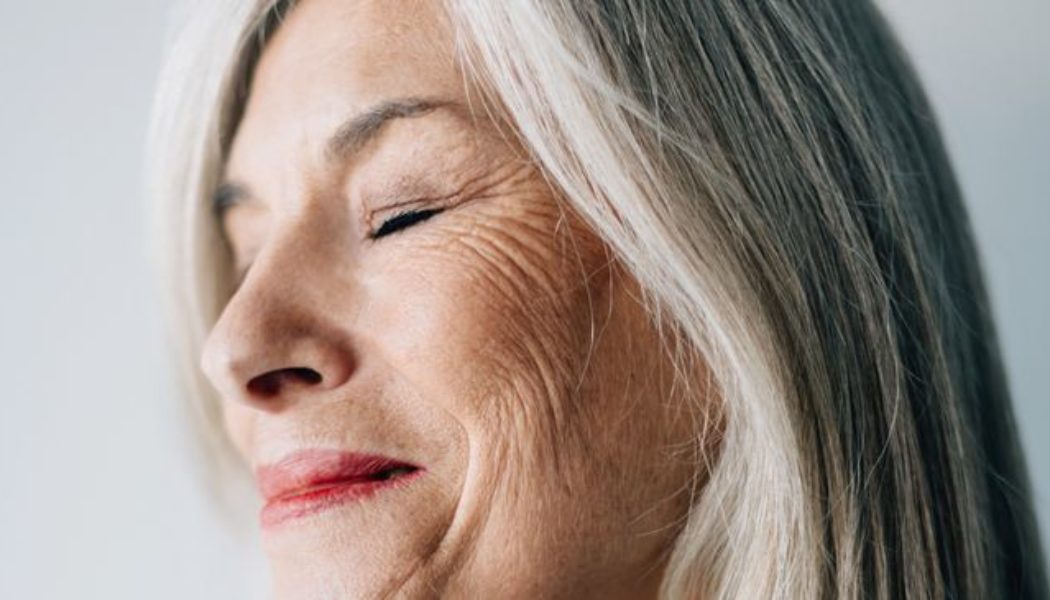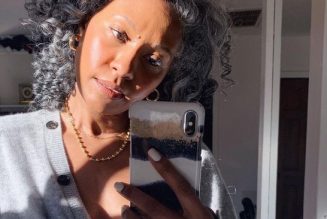
The idea that your skincare routine should change with your age is nothing new—the label “formulated for mature skin” speaks to that fact. But this somewhat vague designation begs the question: What exactly is “mature” skin, and at what age is your skin considered mature?
“It’s hard to say a definitive number,” said Morgan Rabach, MD, board-certified dermatologist and co-founder of New York City–based LM Medical. “The age of someone’s skin doesn’t necessarily sync up with the age of the person.” She adds that a variety of factors play a role in skin maturity, including genetics, ethnicity, overall health, and lifestyle choices like hydration, smoking, drinking, and sun exposure.
According to Rabach, “mature” skin is more about certain characteristics, like fine lines, wrinkles, and a loss of elasticity, than a specific age. “Sometimes I can see the start of [aging] by the early 20s, and sometimes I see 45-year-olds and I’m surprised by their birthday. I would say that by your 40s, most people have some [signs of aging].”












Tagged: makeup